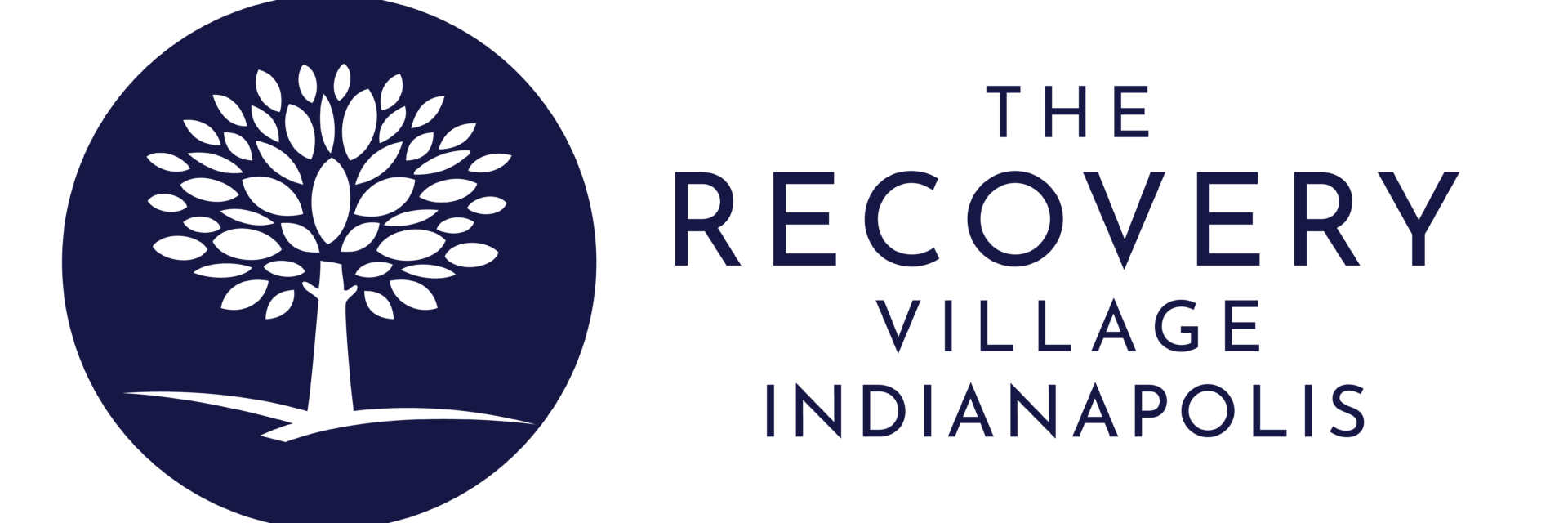Hydrocodone Addiction: Risks, Effects & Treatment Options

By The Recovery Village Indianapolis
Editor Heather Lomax | Medical Reviewer Dr. Jessica Pyhtila, PharmD
Last Updated: December 13, 2023
Editorial Policy | Research Policy
Hydrocodone, an opioid, eases pain by affecting the brain’s opioid receptors. It alters how the body senses and perceives pain. Hydrocodone is a generic name, and it’s found in prescription drugs like Vicodin, Norco and Lortab. These brand-name drugs also contain acetaminophen alongside hydrocodone.
Opioids like hydrocodone, often called narcotics, affect the central nervous system. Besides pain relief, taking hydrocodone can lead to effects like drowsiness, relaxation or reduced anxiety.
Common side effects encompass:
- Dizziness
- Fatigue
- Headaches
- Nausea
- Vomiting
- Constipation
- Itching
- Sleep problems
These side effects are generally mild and frequent with hydrocodone use.
More severe side effects can include:
- Slowed breathing
- Irregular heartbeat
- Severe allergic reactions
- Urine retention
- Bowel obstruction
Many of these side effects result from hydrocodone slowing down the user’s central nervous system, including their respiratory system. An overdose can lead to a coma or even death.
What Is Hydrocodone Addiction?
Hydrocodone is highly addictive and is classified as a Schedule II controlled substance. Addiction ranks among the most dangerous consequences of hydrocodone use. Tolerance and physical dependence are other risks associated with hydrocodone.
Tolerance means that with prolonged use, even when prescribed, your body adapts, necessitating larger doses for the same effect. Tolerance can also lead to physical dependence. If you’re physically dependent on hydrocodone, you might not yet have developed an addiction, but quitting suddenly results in withdrawal symptoms.
A common question is whether you can get addicted when taking hydrocodone as prescribed. Yes, you can. As many as one in four individuals using prescription opioids like hydrocodone develop opioid use disorders. While following your doctor’s instructions lowers the risk, it never eliminates it.
The Power of Hydrocodone Addiction
Hydrocodone binds to mu opioid receptors in your central nervous system when consumed, triggering your brain’s reward system. This not only relieves pain but also induces positive feelings, like euphoria, due to the surge of dopamine, a feel-good brain chemical. Your brain’s pleasure and reward centers activate, creating a compulsive urge to seek hydrocodone (or similar drugs). This leads to addiction, where drug cravings are beyond your control.
Signs of hydrocodone addiction include obsession, intense preoccupation with the drug and withdrawal from previous interests, even when taken as prescribed.
How Long Does It Take to Develop an Addiction to Hydrocodone?
The duration to develop hydrocodone addiction varies among individuals. Addiction is defined as continued substance use despite negative consequences, such as relationship or sleep problems. Some factors can increase the risk, including personal or family history of substance abuse, prescription or non-prescription use and concurrent use with other substances like alcohol.
Abusing hydrocodone by crushing pills and snorting them for a faster, more potent high also escalates the risk of addiction.
Hydrocodone Effects
Hydrocodone is a potent narcotic drug. The symptoms and side effects can vary based on the person, dosage and the reason for use.
Common hydrocodone side effects include:
- Headache
- Itching
- Dry mouth
- Dizziness
- Drowsiness
- Muscle pain
- Constipation
- Nausea
- Vomiting
Severe side effects can encompass slowed or shallow breathing, confusion, extreme drowsiness or lightheadedness. Mood-related effects, such as euphoria, often drive addiction.
Long-Term Hydrocodone Effects
Hydrocodone, like other opioids, profoundly affects the user’s brain. It binds to opioid receptors, altering pain perception and communication. Prolonged exposure to opioids increases the likelihood of long-term effects.
Long-term use can lead to physical dependence, where the body struggles to function without opioids. Addiction, a severe long-term effect, compels continued drug use, despite adverse consequences.
Hydrocodone Overdose Signs
Spotting a hydrocodone overdose shares similarities with recognizing other opioid overdoses. Key symptoms of a hydrocodone overdose include:
- Pinpoint pupils
- Snoring or gurgling sounds
- Fatigue
- Confusion and dizziness
- Lips and fingernails turning blue
- Cold, clammy skin
- Muscle spasms
- Low blood pressure
- Breathing problems like slow or labored breathing, shallow breathing or no breathing at all
- Loss of consciousness
- Seizures
It’s essential to note that acetaminophen, commonly paired with hydrocodone in brand-name drugs like Vicodin and Norco, can lead to liver toxicity.
Drug overdoses can be fatal. If you suspect an overdose, administer naloxone (Narcan) if available and call 911 immediately. Don’t hesitate to seek help, and if you can’t access a phone, reach out to Web Poison Control for online assistance.
Detecting Hydrocodone Dependence
Hydrocodone dependence implies that your body relies on the drug. Even when used as prescribed for a short period, many people become dependent on opioids like hydrocodone.
Building tolerance, where higher doses are needed for the same effects, is often the first sign. Physical dependence leads to withdrawal symptoms when you abruptly stop taking hydrocodone. These symptoms include:
- Sweating
- Chills
- Runny nose
- Sleep problems
- Mood changes
- Intense cravings
- Gastrointestinal issues
Signs of Hydrocodone Addiction
Hydrocodone addiction can start in various ways. Surprisingly, some people become addicted even when taking hydrocodone as directed by a doctor. Addiction warning signs and symptoms include:
- Using hydrocodone more frequently or in larger doses than prescribed
- Doctor shopping or faking symptoms to obtain extra hydrocodone prescriptions
- Mood and behavior changes, like sudden euphoria alternating with periods of fatigue or depression
- Desire to quit but inability to do so
- Devoting substantial time to obtaining and using the drug
- Uncharacteristic problems, such as financial troubles, school or career issues and relationship strains
- Continued hydrocodone use despite adverse consequences
Help for Hydrocodone Addiction
Many people make the mistake of trying to quit hydrocodone on their own, but addiction is a complex problem that needs comprehensive help. To beat hydrocodone addiction, it usually involves going to a rehab center, taking medication, getting therapy and planning for long-term recovery.
Addiction is considered a chronic disease, so the goal of hydrocodone treatment is to equip patients with tools and resources for recovery, even if they’re not entirely “cured.” In Indiana, hydrocodone treatment options include inpatient and outpatient programs, along with medically supervised detox. Following treatment, patients can continue daily life while participating in local support groups or programs like Narcotics Anonymous.
Sources
Drugs.com. “Hydrocodone.” April 19, 2023. Accessed December 10, 2023.
Drug Enforcement Administration. “Controlled Substances.” December 7, 2023. Accessed December 10, 2023.
American Psychiatric Association. “What Is a Substance Use Disorder?” December 2020. Accessed December 10, 2023.
Foundation for a Drug-Free World. “The Truth About Prescription Drug Abuse.” Accessed December 10, 2023.
U.S. National Library of Medicine. “Opioid Overdose.” July 18, 2023. Accessed December 10, 2023.
U.S. National Library of Medicine. “Opiate and Opioid Withdrawal.” April 30, 2022. Accessed December 10, 2023.
Jahan, Azmi R.; Burgess, Doug M. “Substance Use Disorder.” StatPearls, July 21, 2023. Accessed December 10, 2023.
Centers for Disease Control and Prevention. “Prescription Opioids.” August 29, 2017. Accessed December 10, 2023.
Cofano, Sean; Yellon, Robert. “Hydrocodone.” StatPearls, November 17, 2023. Accessed December 10, 2023.


